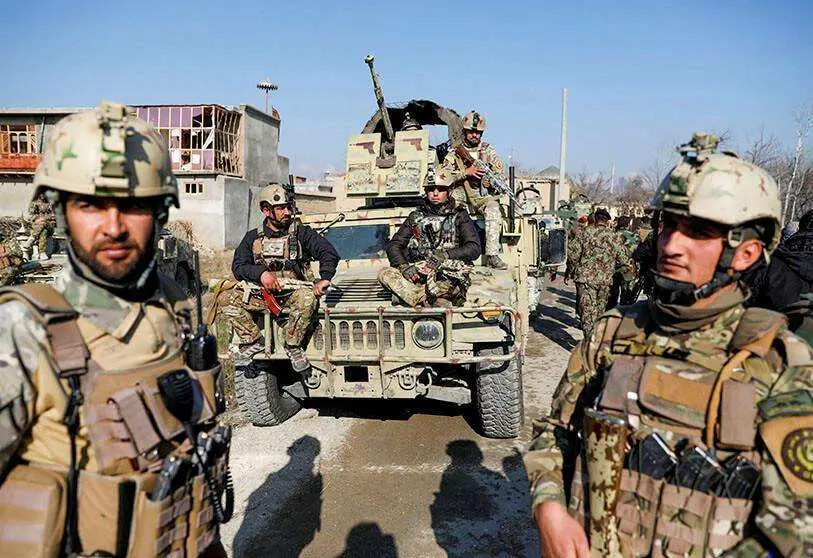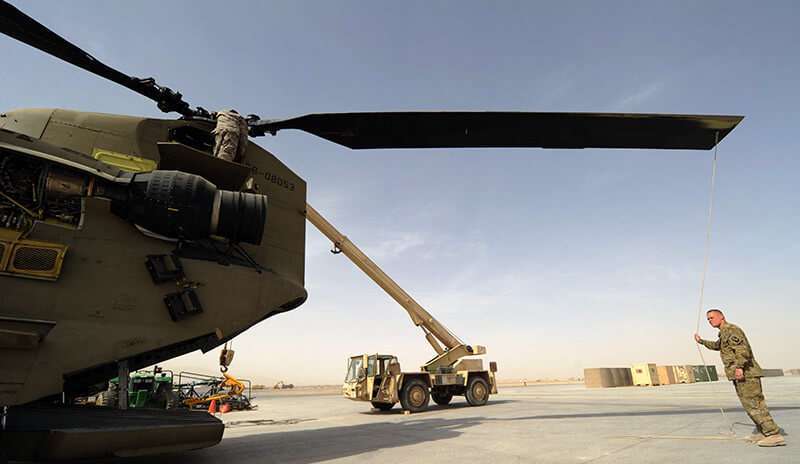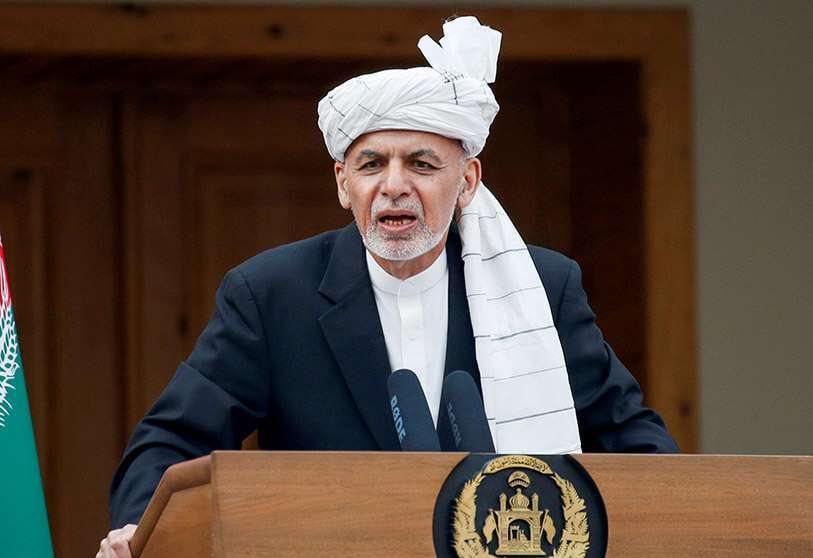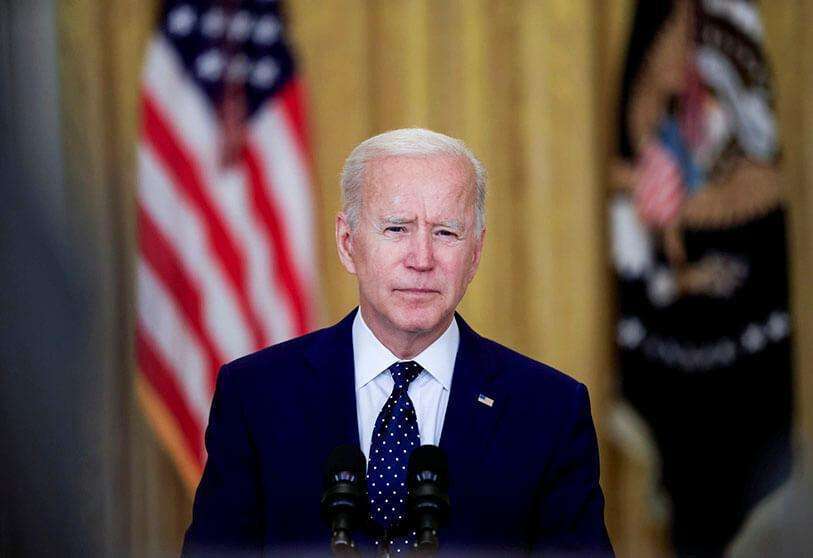Afghan soldiers flee to Tajikistan in the face of rapid Taliban advance

The withdrawal of US troops from Afghanistan is scheduled to be completed by the end of August, several weeks ahead of the deadline set by the Biden Administration, which set 11 September as the 20th anniversary of the Twin Towers attack that triggered the US invasion of the Central Asian country.
Last week, the US abandoned Bagram airfield without warning. Bagram, located 70 km north of Kabul, is a symbol of the US invasion of Afghanistan. This complex, which eventually became a small town for US soldiers with everything from gymnasiums to shops, has seen more than 100,000 US troops pass through. Bagram thus became the centre of military power in Afghanistan, as well as the epicentre of the war to drive out the Taliban and track down the perpetrators of the 9/11 terrorist attacks.

A few days after the departure of US soldiers from Bagram base, the Taliban carried out a new offensive that resulted in the fall of more than a dozen districts. The Taliban now control around 80 districts of the country's 407 districts and over the weekend took control of six key districts in the northern province of Badakshan, bordering Tajikistan and China.
With the withdrawal of international troops, insurgent groups have been gaining more power on the ground while the Afghan National Army is experiencing a power vacuum that is leading many soldiers to desert and flee to neighbouring Afghanistan. According to a statement issued by the Tajik security services and reported by the Khovar public press agency, "during the armed clashes with the Taliban, 1,037 soldiers of the Afghan government forces, in order to save the lives of their personnel, withdrew and entered Tajikistan".

The communiqué further states that "taking into account the principle of good neighbourliness and adhering to the position of non-interference in the internal affairs of Afghanistan, the military of the Afghan government forces were allowed to cross into Tajik territory". In response, Afghan President Ashraf Ghani spoke by telephone with his Tajik counterpart, President Emomali Rakhmon, to discuss the developments. As reported by the Reuters news agency, during the conversation "particular attention was paid to the escalating situation in the northern parts of Afghanistan adjacent to Tajikistan".
The situation in Afghanistan is extremely delicate. Since US President Joe Biden announced the withdrawal of US troops in April, the Taliban advance has been unstoppable. In the last week alone, the insurgents have taken control of at least 168 districts in eight Afghan provinces. Despite the rapid Taliban advance, the Biden administration remains committed to withdrawing all troops from the Central Asian country by September.

Joe Biden, speaking to the media on the occasion of the 4th of July, insisted that the Afghan government has the capacity to sustain itself after the departure of US troops from its territory and despite the threat from the Taliban. This is in contrast to a US intelligence report, published by The Wall Street Journal, which found that the Afghan government could fall in as little as six months once the last international troops are withdrawn from the country.
The Taliban have also said that foreign troops remaining in the country after the withdrawal date will be targeted. Taliban spokesman Suhail Shaheen, in an interview with BBC news, said that no foreign forces - including military contractors - should remain in Kabul after the withdrawal is complete. "If they leave their forces behind against the Doha agreement, in that case it will be up to our leadership to decide how to proceed," Shaheen told the BBC.








